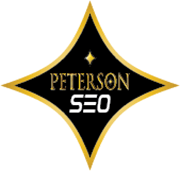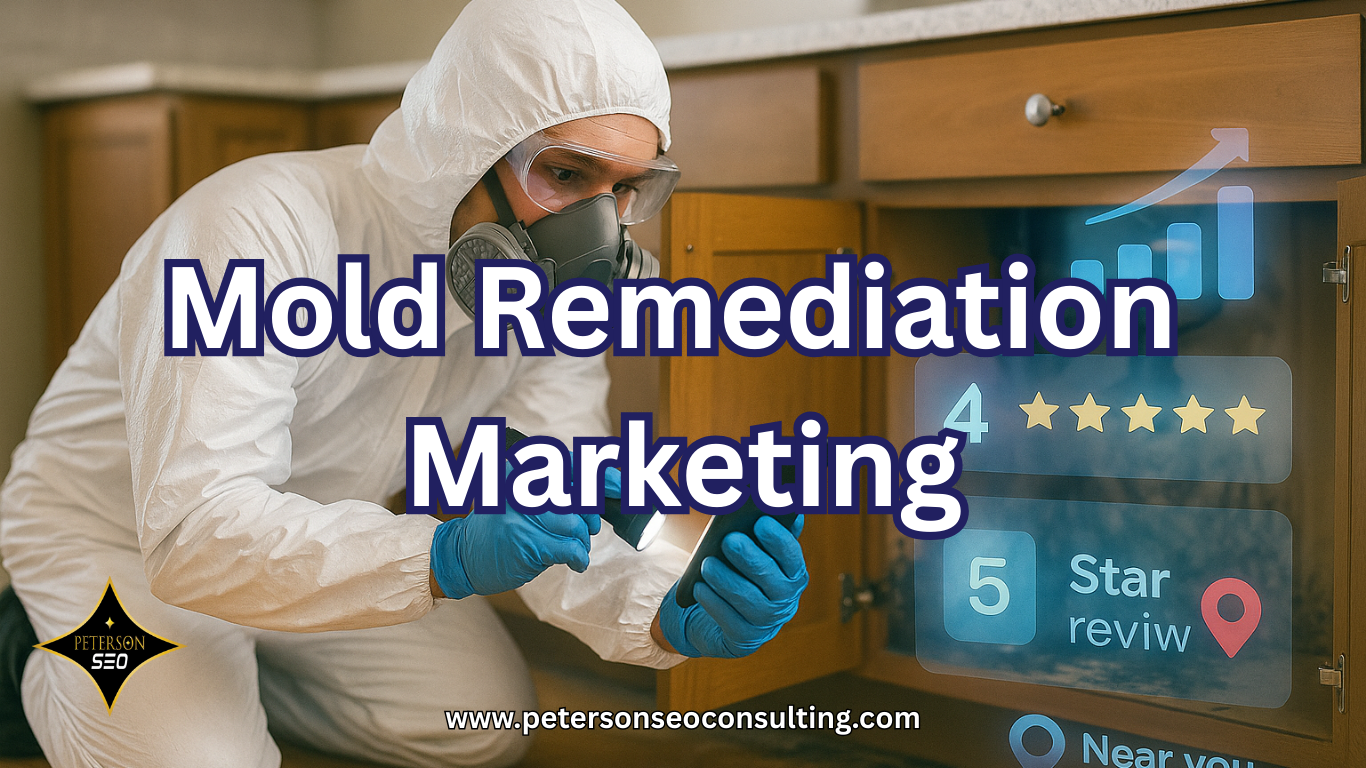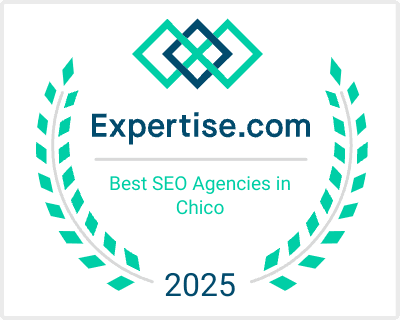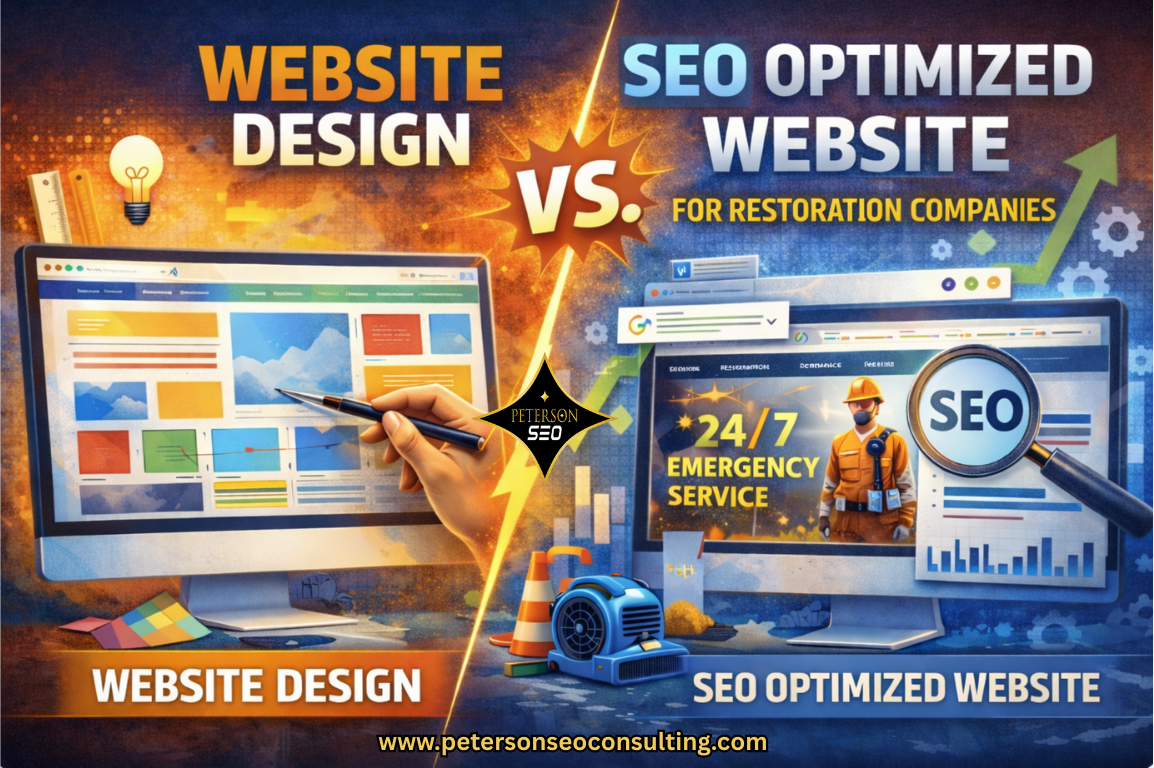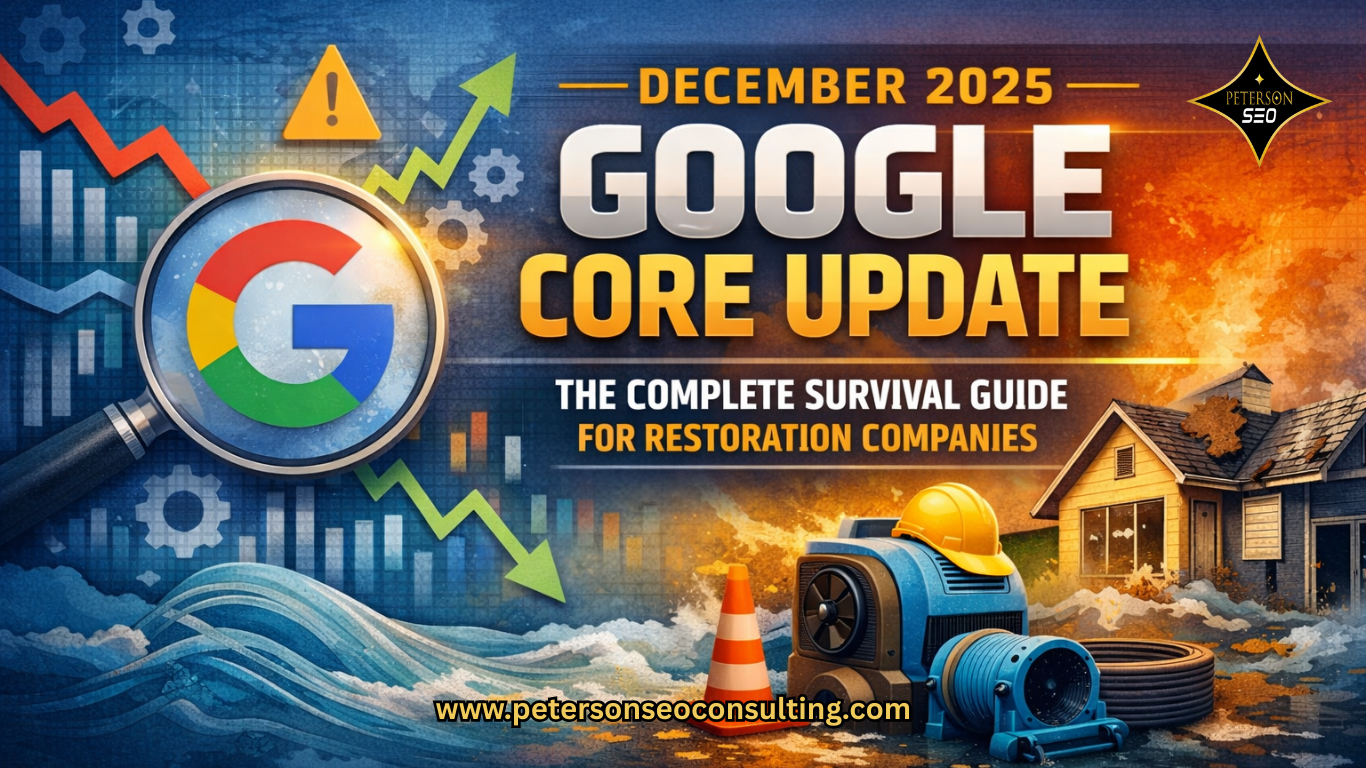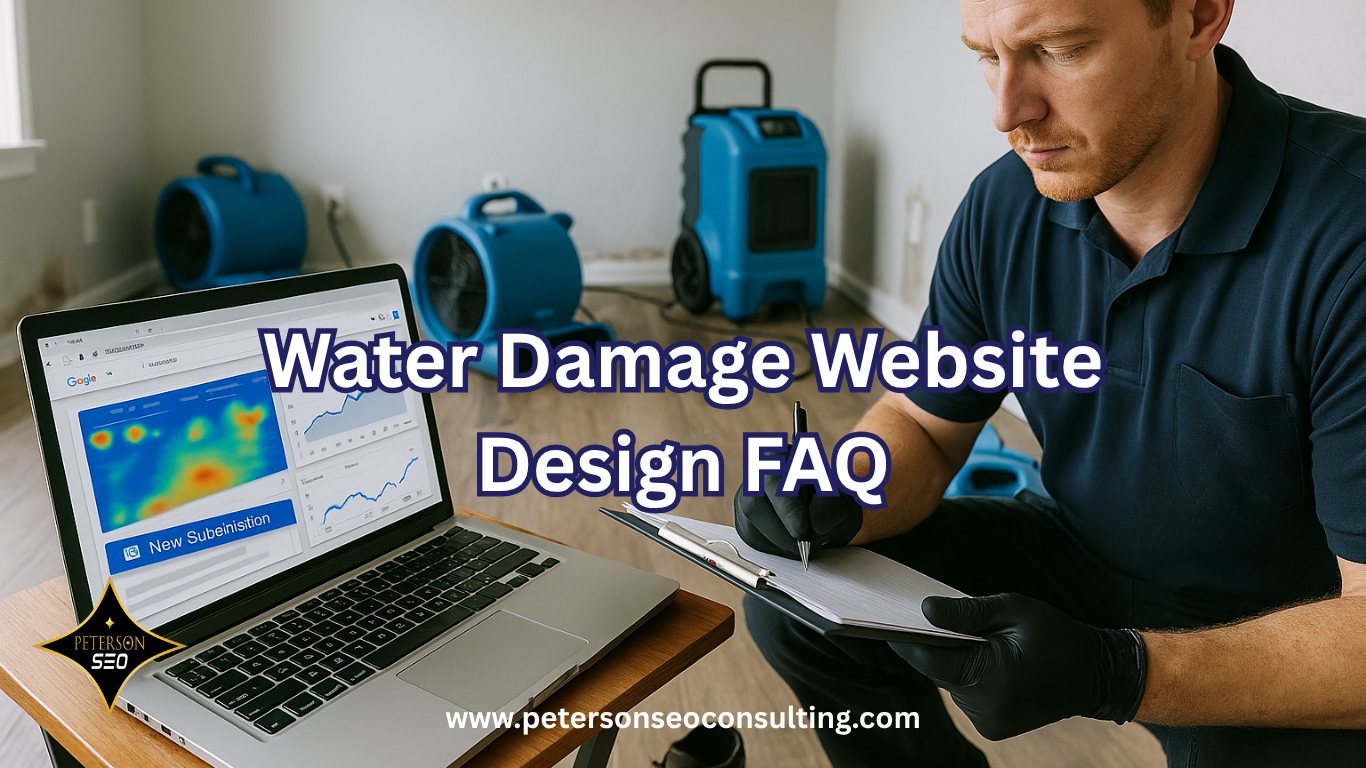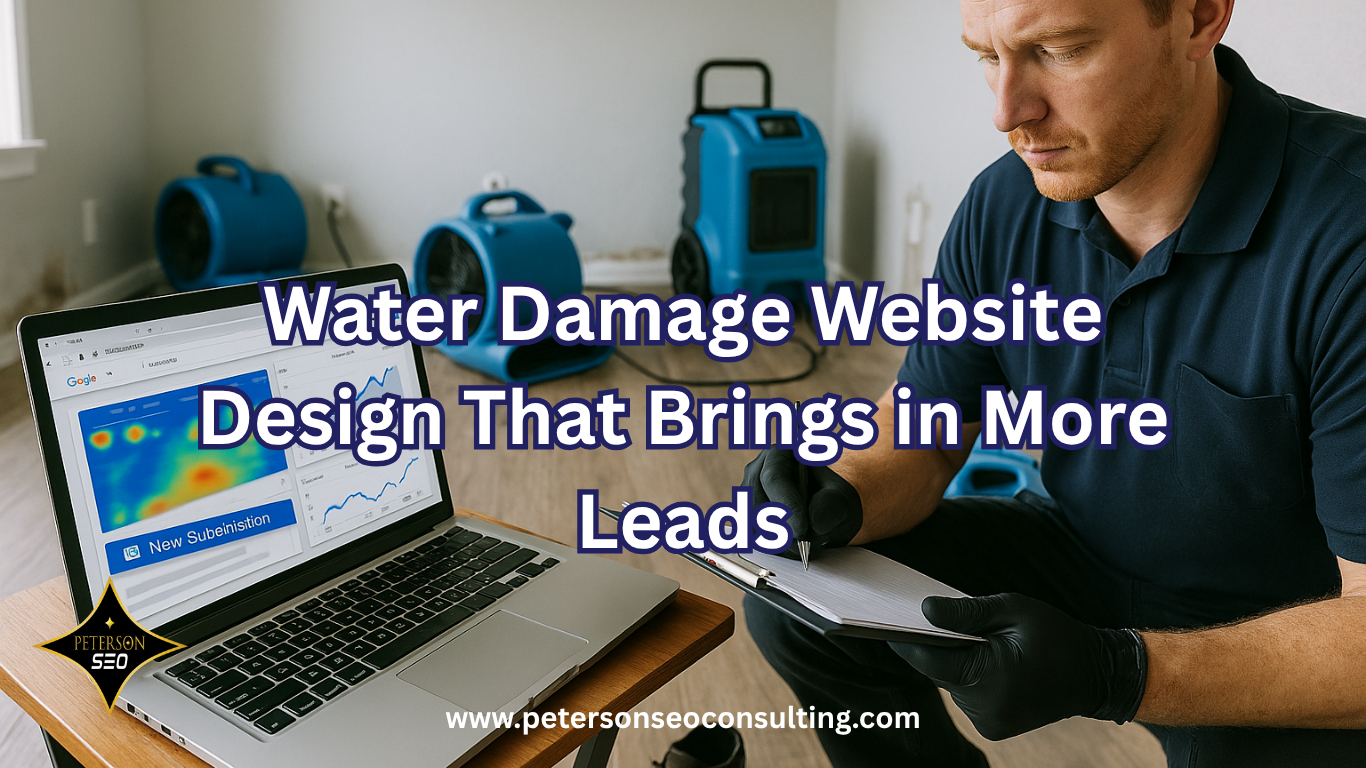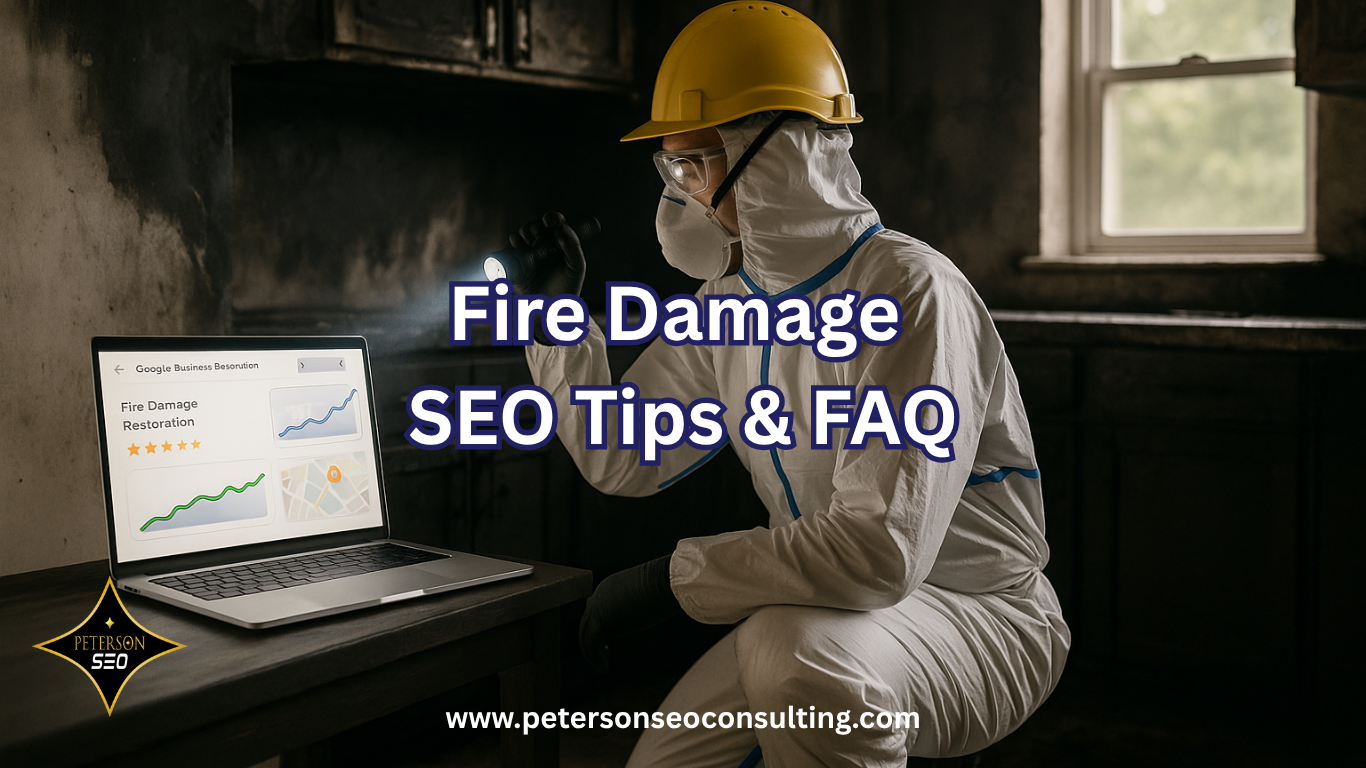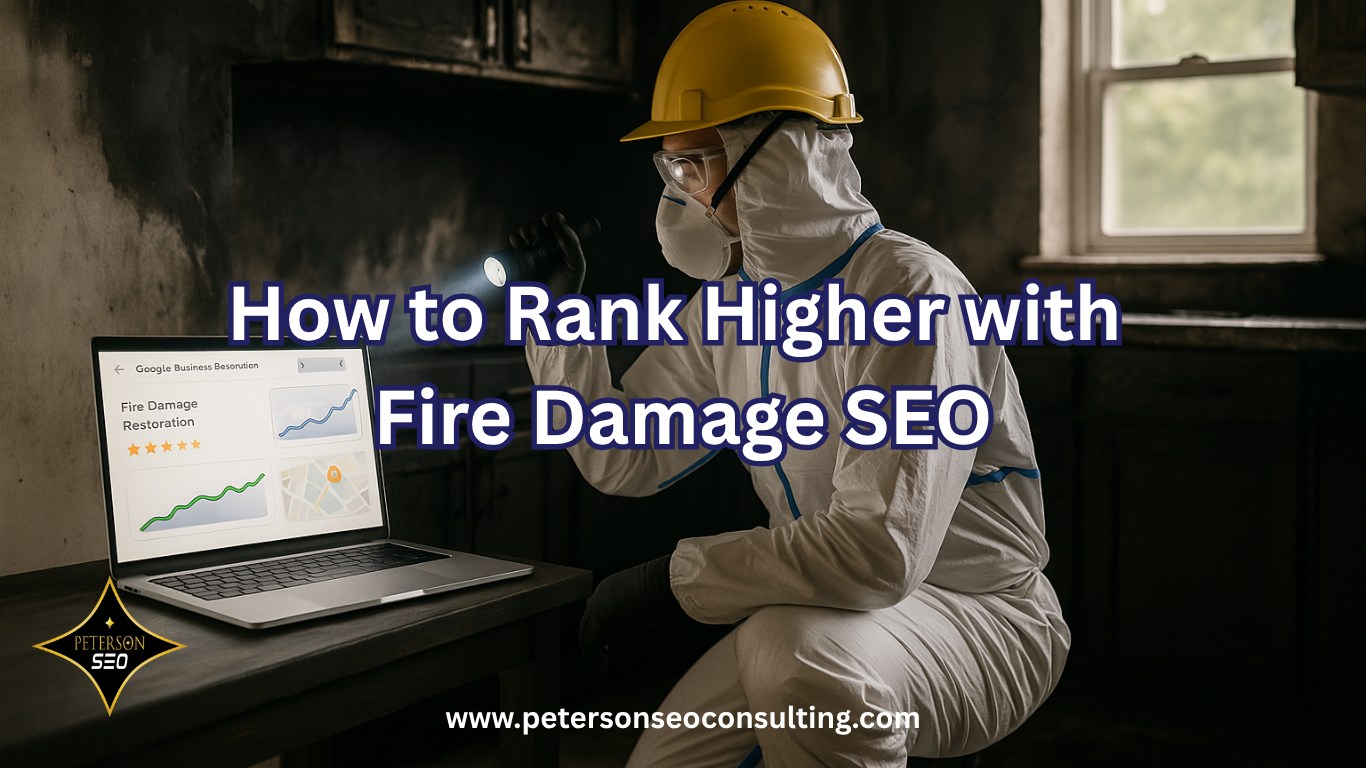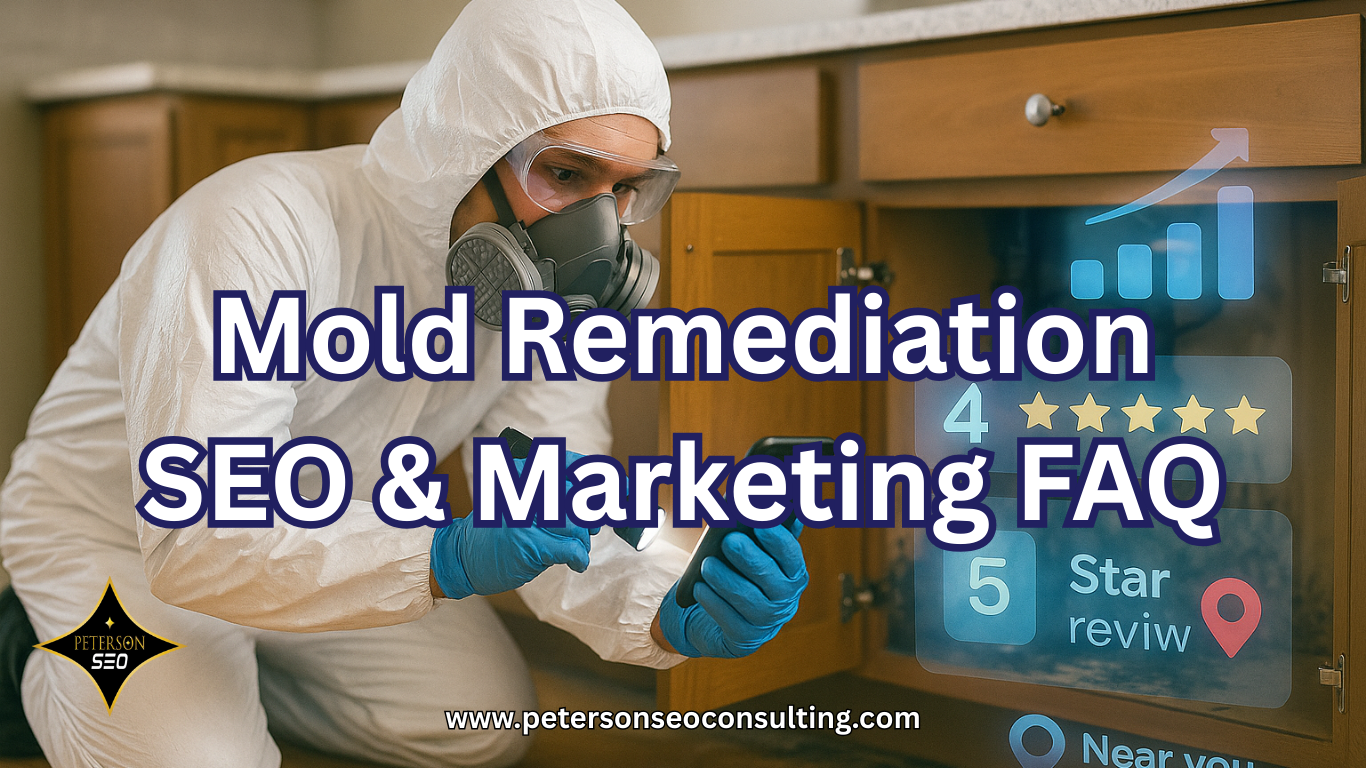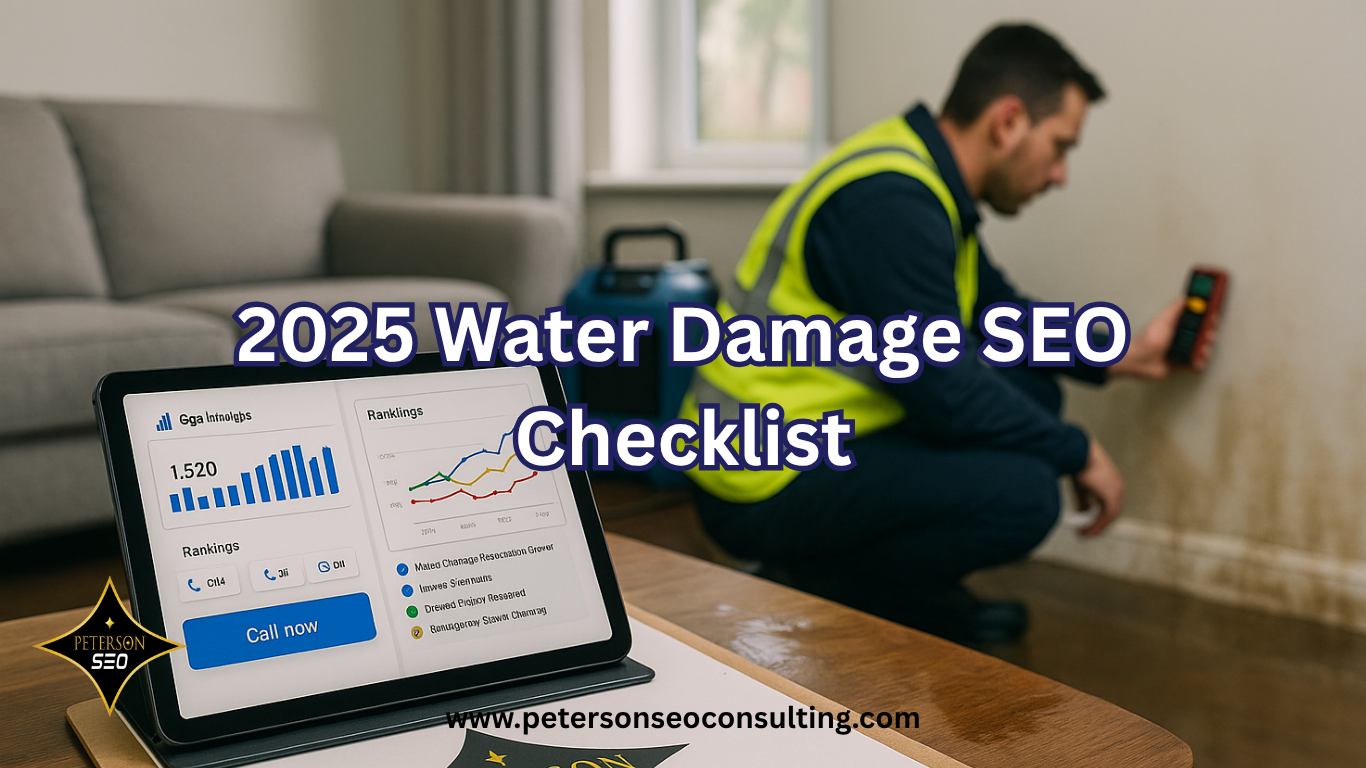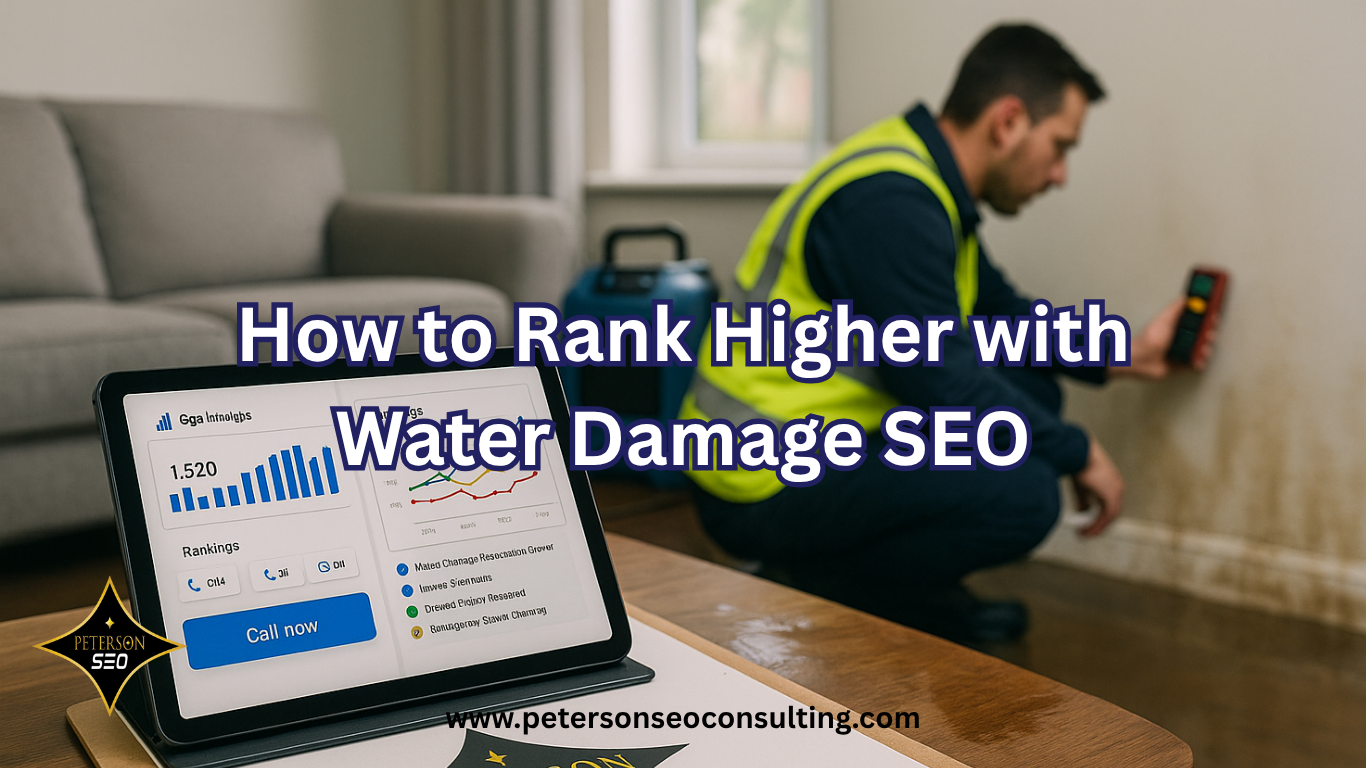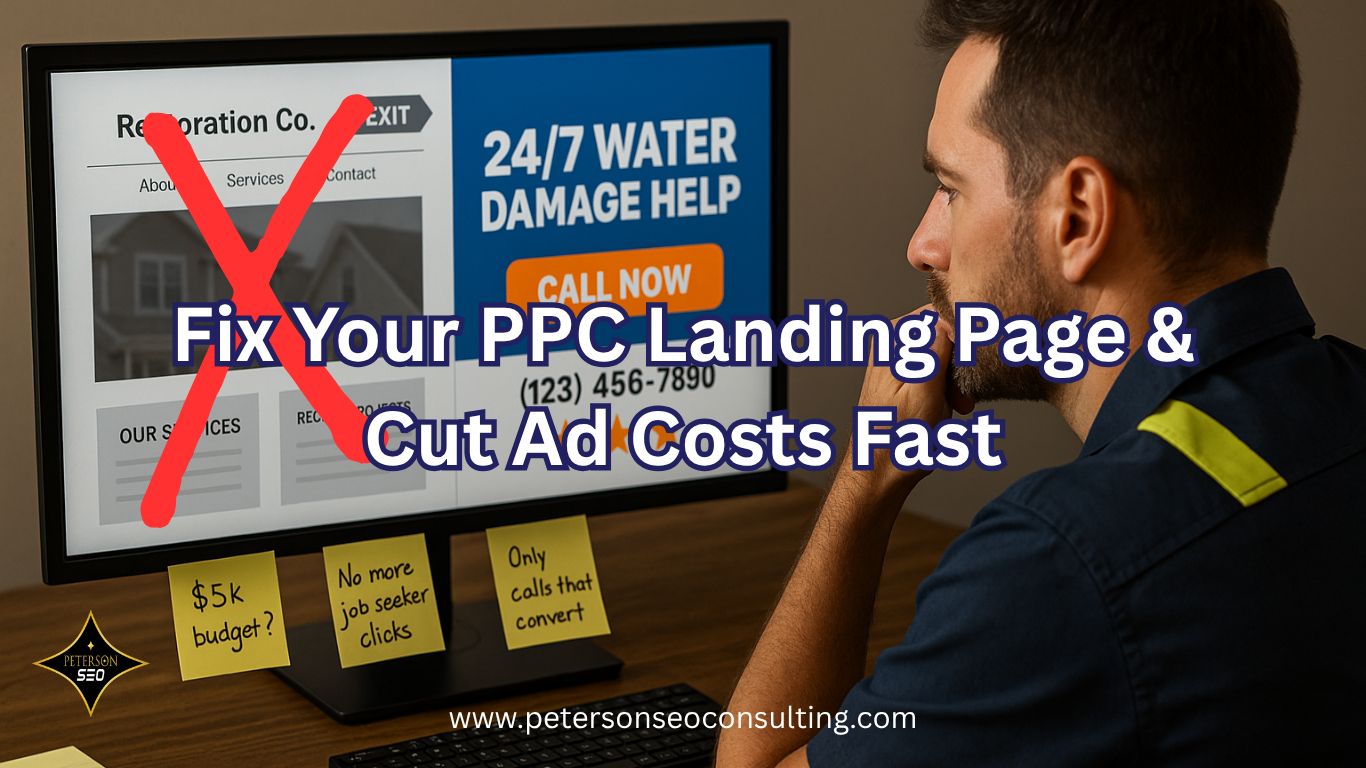Mold Remediation Marketing: How to Get More High-Quality Leads
July 12, 2025 | Chico, CA | Albuquerque, NM | USA
If you're running a restoration company, you already know water damage calls are the hot-and-heavy, "get here now" kind of emergency. But mold? Mold plays by its own rules. It's not always urgent in the same way, but it still has major consequences for your clients and your bottom line.
Mold remediation marketing needs to be handled differently than water, fire, or duct cleaning. It has its own buyer behavior, keyword trends, and sales cycles. And if you treat it the same way you treat your water damage campaigns, you're gonna leave money on the table.
Let’s break down how to make your mold remediation marketing strategy actually bring in the jobs that matter.
Why Mold Remediation Marketing Isn’t the Same as Water Damage
Mold isn't an emergency call, but it's still time-sensitive
When a pipe bursts or the basement floods, homeowners are in full-on panic mode. They want help immediately. But mold? Mold builds up over time. It's sneaky. Most folks don’t call the moment they notice it. They're Googling first. They're asking friends. They're waiting.
That means you’re not just fighting other companies for the top spot...you’re fighting for attention during their research phase. Your content, ads, and SEO need to guide them out of that hesitation and into a call-to-action. This is where a smart restoration marketing strategy can make a huge difference.
Still, it’s not like a slow-play cleaning service. Mold is tied to health concerns, insurance claims, and resale value. Once a customer decides they need help, they want someone certified, local, and fast. You just don’t have a 5-minute window like with water damage. But you still need to be first in line when the decision is made, and the right mold seo strategy can help you do that.
Customers search differently for mold
People don’t type "emergency mold removal" as often as they do "what does black mold look like" or "is mold dangerous?" You need to have content, pages, and ads that speak to those questions first—and then guide them to your service.
This is also why your Google Business Profile and service page content matters even more. Your future customers are doing homework, not just dialing the first number they see. The better you show up in their search journey, the more likely they are to trust you when it’s time to act.
Curious how this compares to your water SEO game plan? Check out our detailed Water Damage SEO Strategy to build the foundation before layering in mold-specific targeting.
Build a Foundation That Targets Mold the Right Way
Mold needs its own page, not just a mention
If you're lumping mold in as a bullet point under your water damage page, you're losing leads...period. Mold deserves its own page. A fully optimized one. We're talking proper title tags, a clear H1, keyword-rich FAQs, trust badges, licensing info, and local targeting.
It’s also a great spot to educate. Add a section about common causes of mold, how the remediation process works, and what sets your team apart. Bonus points if you include pictures or a time-lapse from a real job. This builds trust and makes you look like the local authority in mold removal.
SEO for mold is different than other services
You’re not just competing with other contractors. You're also competing with government websites, blogs, and health articles. The content game here isn't just about keywords, it’s about trust and authority.
You need pages that address specific search phrases like "attic mold removal," "black mold under sink," or "mold inspection near me." Add internal links to your related service area pages. Use schema to mark up your FAQs and location info. Mold SEO is about building topical authority while still showing you’re the local pro who picks up the phone.
Google Business Profile Is Still Free Real Estate
Show up where the local calls happen
Your GBP isn’t just for water damage or fire jobs. Mold should absolutely be one of your listed services—preferably broken down by niche if you offer different types (like attic, basement, bathroom mold, etc).
Make sure your primary category is "Mold Remediation" or "Mold Removal Service" if that’s a big part of your business. Add a real business description that includes mold-specific services and keywords naturally. Don’t stuff them. Local relevance is key.
Add photos, answer questions, and list services
Take pictures of mold jobs (before/after, containment setups, post-clearance testing if applicable) and upload them regularly. Add Q&A directly into your GBP dashboard. Answer stuff like "Do you test for mold?" or "Is black mold dangerous?"
List individual services as products. It helps trigger different searches and builds relevance. Think "Crawlspace Mold Cleanup" or "Post-Flood Mold Inspections." This also helps with Google’s AI picking up your page for voice search and local map results.
Ads Can Work for Mold, If You Filter Out the Wrong Clicks
Watch out for junk clicks like "how to clean mold"
This is where most mold ad campaigns go wrong. They’re bidding on broad keywords, showing up for how-to searches, and burning hundreds on clicks from renters or DIY-ers who never plan to hire anyone.
Negative keywords are your best friend. Add terms like "DIY," "how to clean," "certification," "training," "school," and "jobs." These searches aren’t from potential customers...they’re from students or curious homeowners. Filter them out so you can focus on real leads.
Build campaigns that focus on buyer intent
Target phrases like "mold remediation near me," "licensed mold inspector," "mold removal cost," or "professional black mold help." Pair that with a strong landing page that features:
- Trust badges (licensed, insured, certified)
- Clear local phone number (no 800 numbers!)
- Short lead form with CTA
- Before/after photos
- Reviews or star rating
Keep the page clean. No internal page links or blog links, no menus. Make it all about converting.
So What’s the ROI of Mold Remediation Marketing?
Marketing for mold remediation services isn’t just about more calls. It’s about the right kind of calls. You don’t need 50 leads if 45 of them are renters or DIYers. You want 5 serious property owners who are ready to hire. And that’s what proper targeting, SEO, and local ads can deliver.
The ROI also increases when your systems are dialed in. If your GBP is driving calls, your SEO is bringing in form submissions, and your ads are only showing to people who are actually looking for mold services, the value of every dollar spent increases. This approach gives you room to scale and adjust without burning budget on low-quality traffic.
Mold jobs don’t flood in like water leads during storm season, but they’re more profitable per lead. A single mold remediation job can bring in anywhere from $2,000 to $10,000+ depending on size, location, and insurance coverage.
If you're spending $500–$1500/month on mold-specific SEO, GBP, and local ads, you only need to land one solid job to break even. Everything after that is profit. Mold also leads to recurring work—clients may need follow-up testing, additional inspections, or refer you to neighbors and property managers.
Track your cost-per-lead and close rate separately from your water damage numbers. That way, you can scale the channel that brings in the best profit. That’s the power of smart restoration marketing when you know what’s working, you can double down and grow fast.
FAQs – Most Common Questions Contractors Ask About Mold Marketing
What’s the best way to get local mold remediation leads?
The best combo is a blend of local SEO, a well-optimized Google Business Profile, and hyper-targeted ads. Mold clients usually start with Google—they're researching symptoms, risks, and solutions. So your website has to answer those questions clearly. Add content that builds trust (certifications, reviews, photos), and make sure you’re listed in local directories. Your GBP should be active with accurate categories, updated photos, and real reviews. Then layer in ads focused only on buyer-intent terms, not broad clicks. If you're short on budget, GBP and local SEO should come first.
A local focus also builds authority and trust. Mold remediation clients want someone close by, not a call center. Keep your phone numbers local and your service pages written with neighborhood-level detail. These little things add up fast.
How should I optimize my Google Business Profile for mold services?
Start by listing "Mold Remediation" or "Mold Removal Service" as your main or secondary category. Add a service list that includes things like "Black Mold Removal," "Attic Mold Cleanup," and "Mold Inspections." Upload photos from real jobs—especially before and after shots. Use the Q&A feature to answer common customer concerns about health risks, pricing, or turnaround time. Respond to all reviews quickly and include keywords in your replies when natural. This tells Google you’re active and local, which can boost your visibility in the 3-pack.
Make sure your service area is accurate and up to date. If you serve multiple cities or counties, reflect that in your location settings and on your website. Consistency between your GBP and your website is key for local SEO.
Is SEO worth the investment for mold jobs?
Absolutely. Mold SEO is a long game, but it pays off big. Most mold customers are doing heavy research before they call. That means your site has to show up during those searches and provide real answers. A dedicated mold page, structured FAQ schema, internal linking, and strong service area coverage all help you rank. Unlike paid ads, SEO gains compound over time. The longer you stay active and optimized, the more Google trusts your site. And that turns into steady leads without paying per click.
Think of SEO as the slow cooker of marketing. It takes longer to get hot, but when it does, it feeds you forever. And once you rank, it’s hard for others to take that spot away if you keep updating and building.
Can paid ads help if I only offer mold inspections and testing?
Yes—but you need to niche down your targeting. If you’re only doing inspections or air quality testing, focus on keywords like "mold testing near me," "certified mold inspection," or "indoor air quality test." Avoid broader terms like "mold cleanup" unless you do remediation too. Use call-only ads if you want to skip tire kickers. Include pricing ranges or credentials in the ad copy to help filter leads. A clean landing page with FAQs, reviews, and a lead form will help convert more of that paid traffic into booked jobs.
This works even better when combined with local SEO. The two together reinforce your brand and help capture leads from multiple angles—organic and paid. That’s how you dominate your market.
Ready to Get More Mold Jobs?
If you're serious about growing your mold remediation services, now's the time to get your digital marketing dialed in. Whether you need a local SEO overhaul, a GBP cleanup, or a better ad strategy—we’ve got your back. Our team helps independently owned restoration companies get real, trackable leads that turn into high-ticket jobs.
Want help making your mold marketing actually bring in the calls? Reach out using the contact form or chat tool on this page. We’ll show you exactly how to tune your mold remediation marketing so the right leads come in—and your phone starts ringing for real.
Every city has unique search patterns, competitors, and ad costs. That’s why we build strategies that actually match your market instead of guessing. From your GBP to your ads to your lead tracking—we help you put the full puzzle together and get results you can measure.
Authoritative Source:
Environmental Protection Agency (EPA):https://www.epa.gov/mold
AUTHOR
Jessica is the CEO of Peterson SEO which specializes in restoration and contractor marketing. She is a serial entrepreneur that has not only owned and managed her own businesses and remodeling company, but also helps contractors scale their businesses to new levels. Learn more about Jessica & Peterson SEO.
